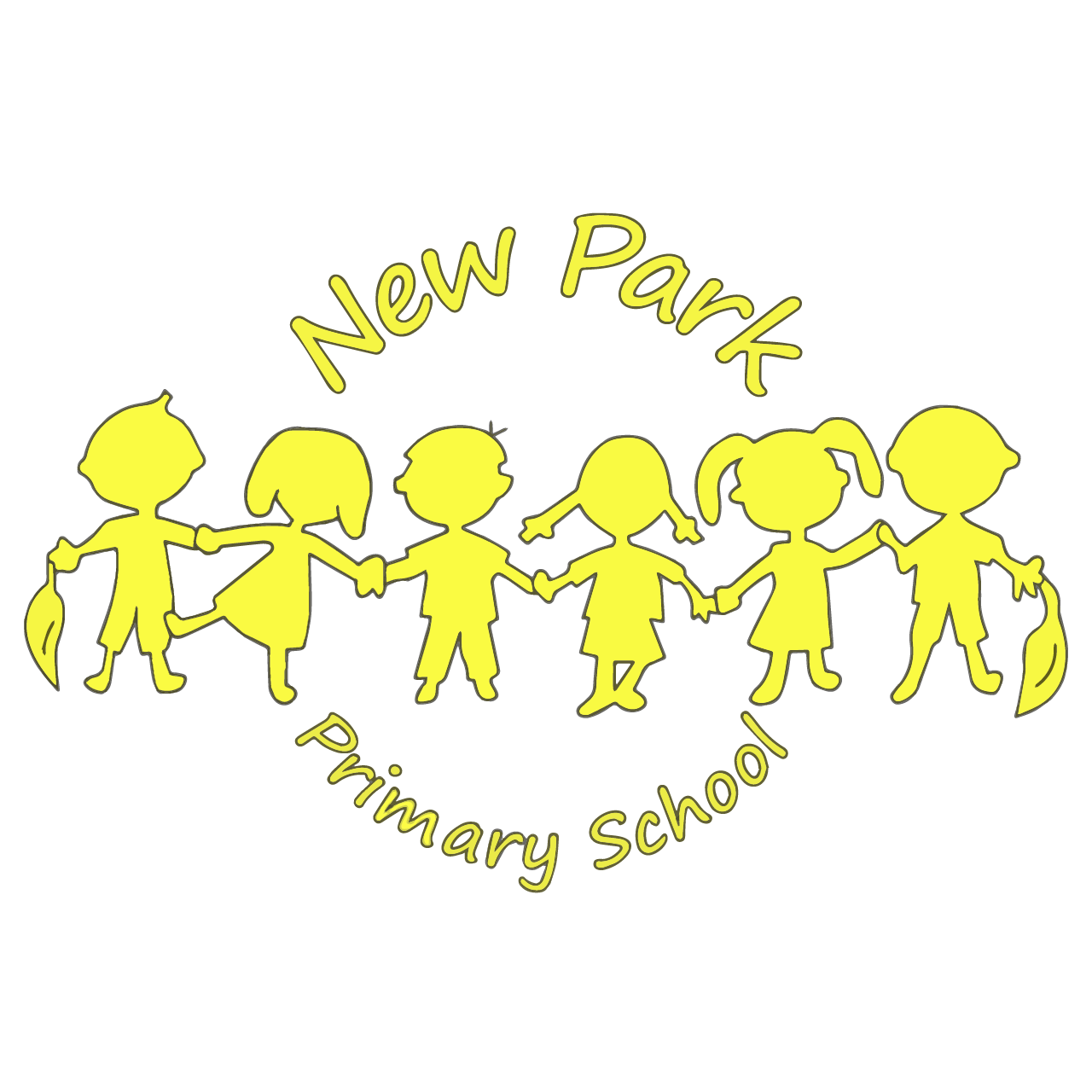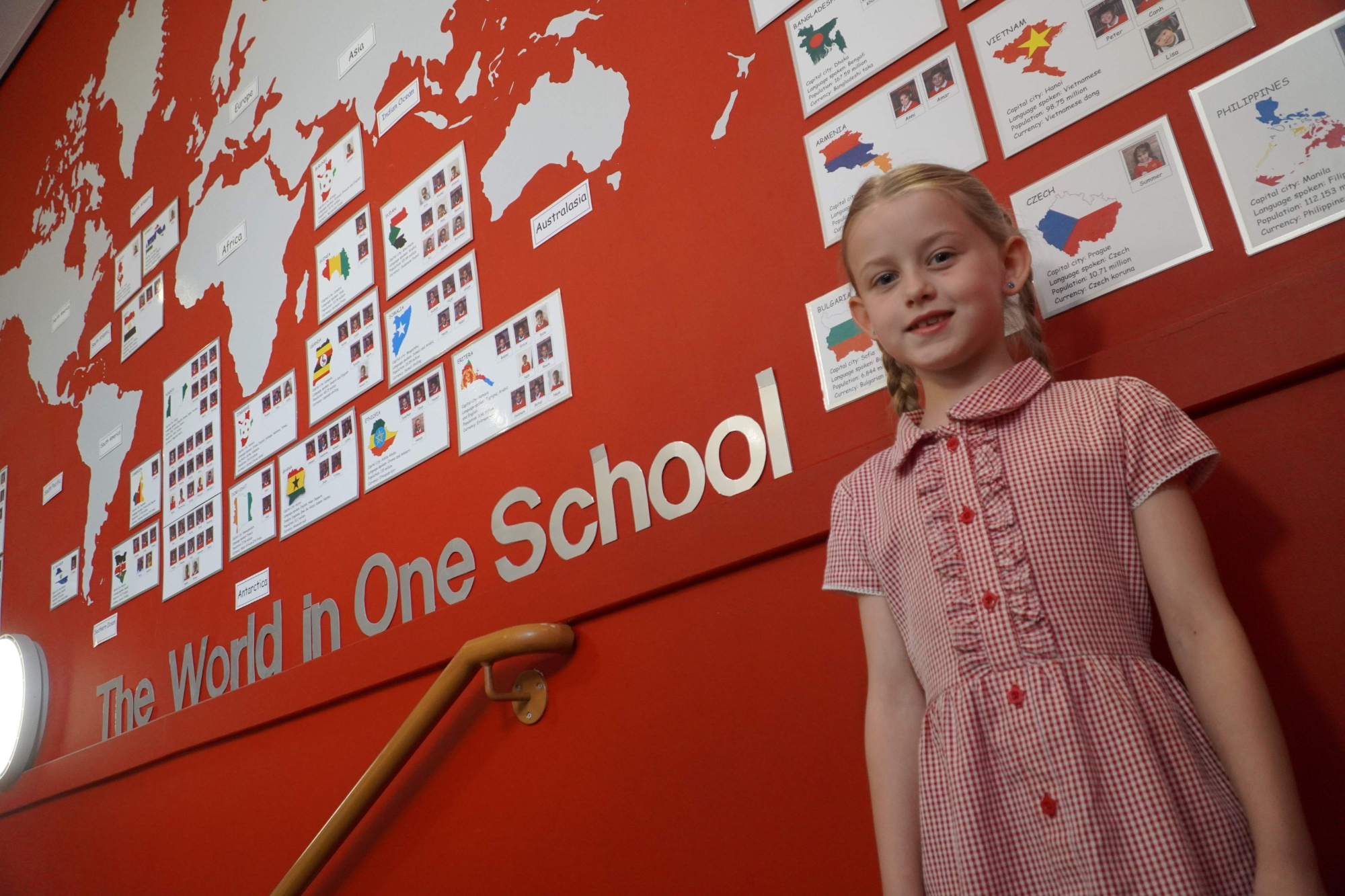Geography: Exploring Our World
Our Geography curriculum prepares children for their next steps and opens doors to the wider world. Through inquiry-based learning, we aim to broaden our children’s horizons, helping them understand:
- The community in which they live.
- The impact they can have on their environment.
- The relationship between nations.
Our ambition is to ignite curiosity, deepen understanding of the world, and equip children with transferable skills applicable across the curriculum and beyond school.
Our Aims:
A high-quality geography education stimulates a lifelong curiosity and fascination about the world and its people. We equip learners with knowledge about diverse places, people, resources, and natural and human environments, alongside a deep understanding of Earth’s key physical and human processes. As pupils progress, their growing knowledge helps them understand the interaction between physical and human processes, and the formation and use of landscapes and environments. Geographical knowledge, understanding, and skills provide the frameworks to explain how Earth’s features are shaped, interconnected, and change over time.
Subject Content
By the end of each key stage, pupils are expected to know, apply, and understand the specified skills and processes.
Key Stage 1:
Pupils develop knowledge about the world, the UK, and their locality, understanding basic geographical vocabulary and using skills like first-hand observation to enhance locational awareness.
They are taught:
- Locational knowledge: Naming and locating the world’s seven continents and five oceans; naming, locating, and identifying characteristics of the four UK countries, their capital cities, and surrounding seas.
- Place knowledge: Understanding geographical similarities and differences by studying a small area of the UK and a contrasting non-European country.
- Human and physical geography: Identifying seasonal/daily UK weather patterns and hot/cold global areas relative to the Equator and Poles; using basic geographical vocabulary for key physical (e.g., beach, mountain, river) and human features (e.g., city, factory, harbour).
- Geographical skills and fieldwork: Using world maps, atlases, globes to identify studied areas; using simple compass directions (N,S,E,W) and locational language; using aerial photos to recognise landmarks, devising simple maps, and constructing basic symbols in a key; using simple fieldwork to study school grounds and surrounding features.
Key Stage 2:
Pupils extend their knowledge beyond the local area to include the UK, Europe, North and South America, focusing on locations and characteristics of significant human and physical features. They develop geographical knowledge, understanding, and skills to enhance locational and place knowledge.
They are taught:
- Locational knowledge: Locating world countries (Europe, North & South America), focusing on environmental regions, characteristics, countries, and major cities; naming and locating UK counties, cities, regions, and topographical features (hills, mountains, coasts, rivers) and land-use patterns, understanding changes over time; identifying the position and significance of latitude, longitude, Equator, Hemispheres, Tropics, Circles, Meridian, and time zones.
- Place knowledge: Understanding geographical similarities and differences by studying regions in the UK, a European country, and North/South America.
- Human and physical geography: Describing and understanding key aspects of physical geography (climate zones, biomes, rivers, mountains, volcanoes, water cycle) and human geography (settlement types, land use, economic activity, natural resource distribution).
- Geographical skills and fieldwork: Using maps, atlases, globes, and digital mapping; using 8 points of a compass, grid references, symbols, and keys (including OS maps); using fieldwork to observe, measure, record, and present local human and physical features using various methods (sketch maps, plans, graphs, digital technologies).
Opening Worlds Programme:
In Years 3, 4, and 5, we follow "Opening Worlds", a knowledge-rich humanities programme that meets and substantially exceeds National Curriculum demands for Geography. This ambitious curriculum is characterized by:
- Thorough knowledge-building through intricate coherence and tight sequencing.
- Global and cultural breadth, embracing diversity across ethnicity, gender, region, and community.
- Rapid literacy impact via systematic vocabulary introduction and revisiting.
- Subject-specific disciplinary rigour, teaching pupils to interpret, argue, weigh claims, and understand distinctive subject enquiry methods.
- Well-told stories through beautifully written narratives and developed teacher storytelling.
- A highly inclusive approach through common knowledge and high-leverage teaching (pacey, oral, interactive, fun).
- Efficient use of lesson time, blending sharp pace, sustained practice, and structured reflection.
- Rapid teacher improvement through systematic training in evidence-informed techniques.
Resources:
We use a range of resources to support our geography teaching, including globes, atlases, and Digimaps for Schools. This mapping service effectively supports our teaching of locational and place knowledge, human and physical geography, and fieldwork.


